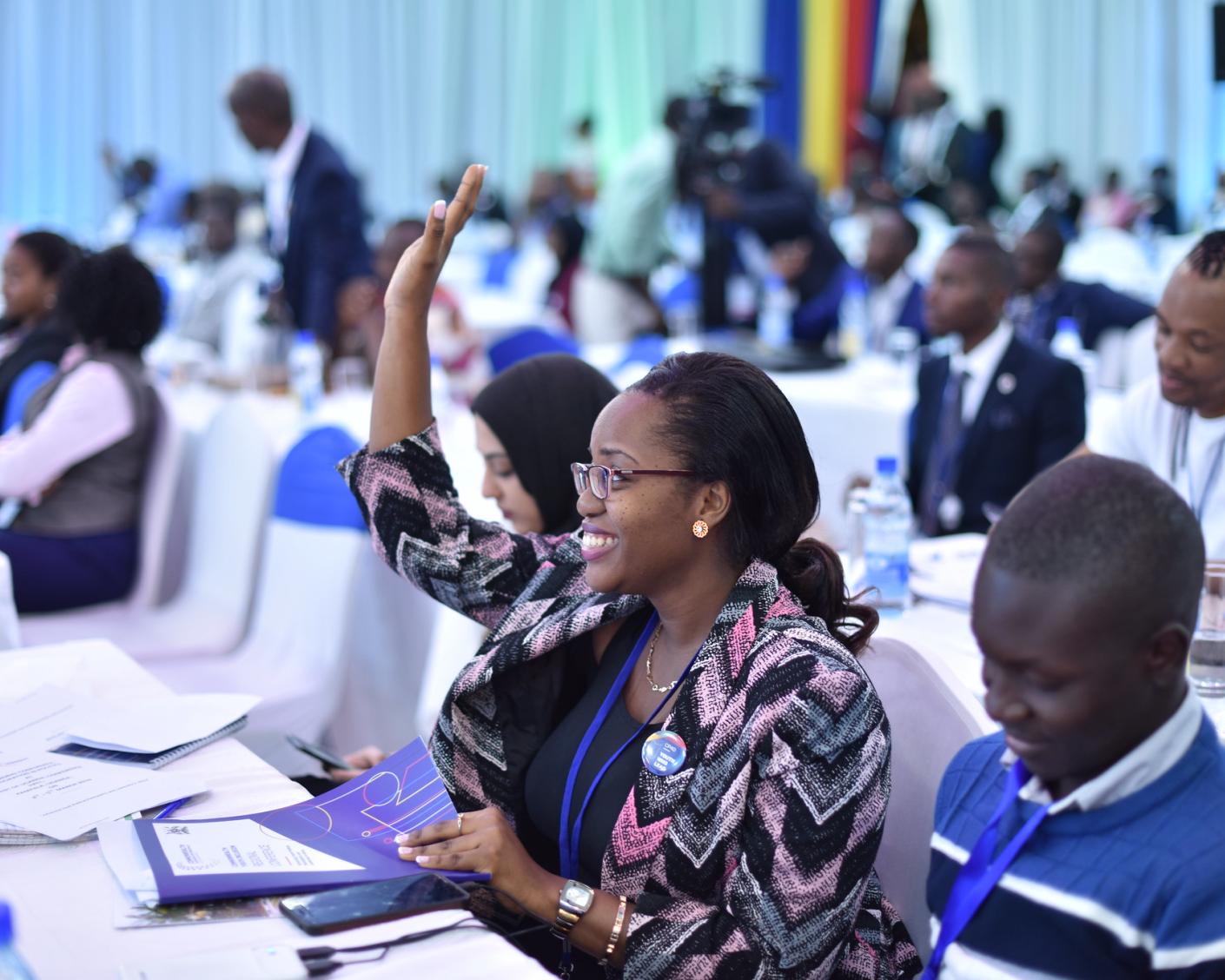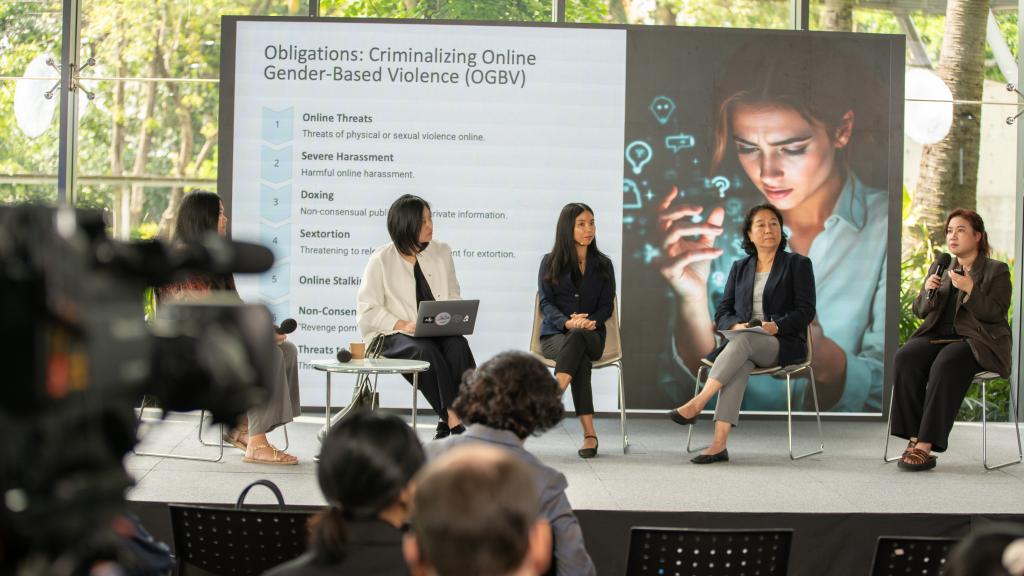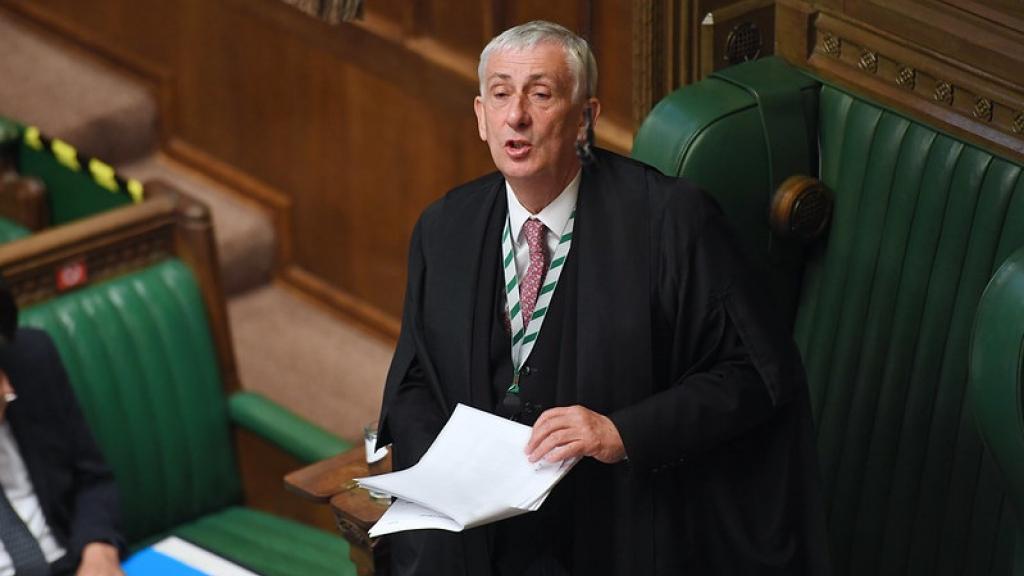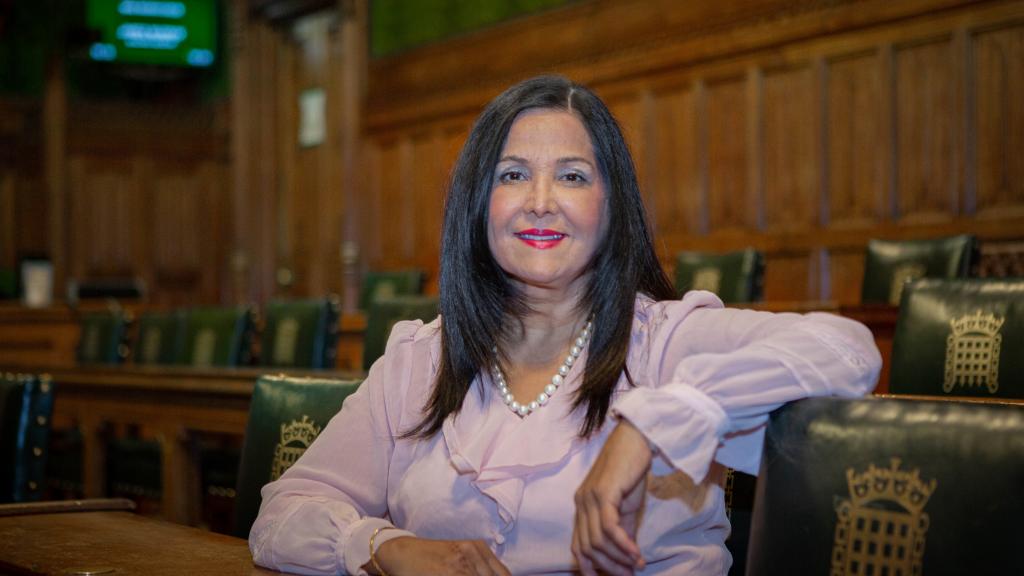WFD's work to strengthen democracy around the world helps make sure political systems can serve everyone’s needs and resolve differences without violence. We help people around the world address problems people face in a transformational way whilst building long-term democratic resilience. Our work with partners builds strong relationships and networks - and enables closer collaboration in addressing global challenges from corruption to climate change.
We collaborate with partners in over 50 countries and territories, supporting democratic political systems to evolve, adapt, become more resilient and – ultimately – address the most urgent challenges societies face, from climate change to corruption.
We are led by the local knowledge and experience of our in-country teams, and offer support through research, programme design, implementation, and monitoring and evaluation.
In more than 50 countries and territories worldwide, we join with local partners to make governance and democracy stronger.
Our partners range from parliaments to political parties to civil society organisations – broad and growing coalitions and alliances determined to safeguard and strengthen democracy.
We draw on Britain’s long history of addressing democratic challenges at home and on the diversity and dynamism of British society and politics when we engage with partners elsewhere.
We complement this with expertise and experience from other countries and institutions. Political parties and parliaments in the UK are integral to our work, drawing on their domestic and international networks for our programming.
We focus on key areas to strengthen democracy worldwide
We help parliament and independent institutions create more accountable and impactful processes and systems, helping make sure laws and public spending are effective and improve people's lives. This includes scrutiny of legislation and its impact, strengthening financial and public debt accountability and corruption-proofing legislation.
To improve election integrity, we support partners worldwide before, during and after elections to implement reforms that contribute to free and fair elections, enable participation, and support peaceful dialogue and debate. We also organise election observation
Our environmental democracy programmes partner with parliaments and civil society to inspire ambitious climate action that also strengthens democracy. Examples range from increasing public participation in environmental policymaking to fostering more effective oversight of environmental legislation.
Inclusion and participation
We build coalitions across the political spectrum to improve the quality of inclusion and participation in political processes for all. We partner with local actors to protect and uphold the rights of underrepresented groups such as young people, people with disabilities, women and LGBT+ people.
We ensure women can take up their rightful place as decision-makers by challenging the systemic barriers that prevent women from entering and progressing in formal politics. With women leaders and allies, we build safer, more inclusive political systems.
Our programmes
WFD currently implements programmes across more than 50 countries and territories around the world.
Political party programmes
Alongside the programmes we directly implement, WFD supports the international work of UK political parties. The four UK political party programmes are:
- The Conservatives WFD Programme
- The Labour WFD Programme
- The Liberal Democrats WFD Programme
- The Multi-Party Office
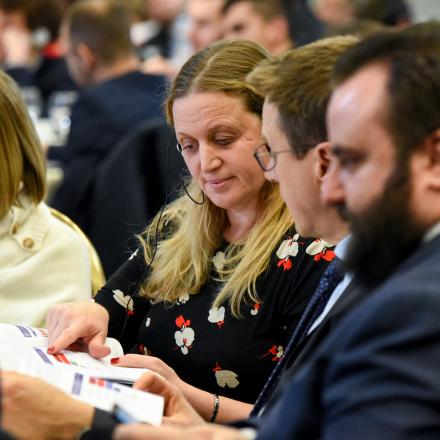
Research and policy
We produce research that aims to build an evidence base for, and improve the quality of, democracy assistance and we generate policy that contributes new tools for and approaches to democracy support.
